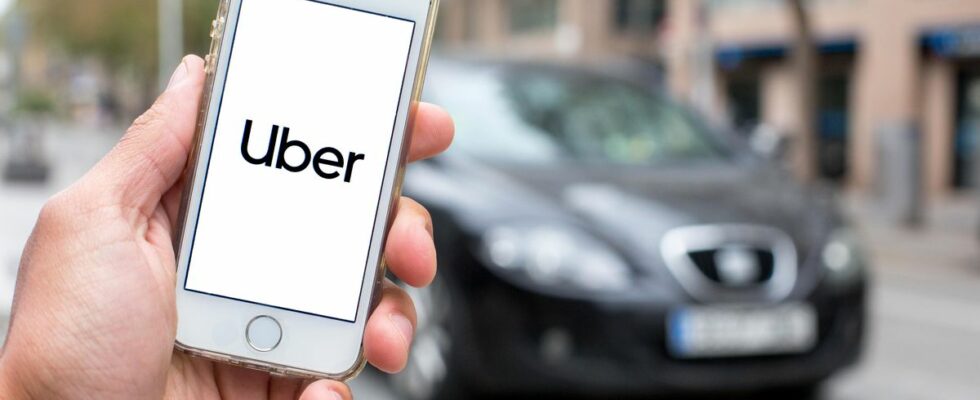It is an agreement “unprecedented in France”, a mechanism which will allow a real jump “of more than 27% compared to the lowest current net minimum income” of VTC drivers. Since the arrival of platforms like Uber, the precariousness of drivers, both on their own and subject to the policies of the application, has often been pointed out. And in recent years, the Covid crisis and then the soaring fuel prices have completed the financial health of drivers.
From February 1, they will therefore see their remuneration increase, in particular for short journeys, with a minimum income of 7.65 euros. By comparison, taxis in France have a minimum fare of 7.30 euros. What is the difference with the remuneration in place? What will be the cost to users? Is this a sufficient price to protect drivers? 20 minutes takes stock with two trade unionists who took part in the discussions.
How will the current remuneration evolve with this minimum tariff?
Within the framework of the brand new regulatory authority for employment platforms (Arpe), created last May, the unions have been at work “for four months” to “clear” the ground for social dialogue in the sector, to use the terms of Florence Dodin, the Unsa delegate to the negotiations. Until now, the platforms were “free to increase or decrease the price of the races according to the conjecture, the demand”. Thus, a platform newly arrived on the market could “cut its prices” to attract customers, and therefore drivers, explains the trade unionist to 20 minutes. “In the war of platforms, drivers go to the one that offers the most races”, and which is often the cheapest, adds Yassine Bensaci, vice-president of the AVF, the majority union in the sector.
Currently, it is Uber which practiced the lowest rates for its drivers, with a minimum income of 6 euros. From February 1, it will be forced to raise its price to 7.65 euros. “We are therefore on a 27% increase in net driver income”, welcomes Florence Dodin, for whom this increase “will avoid social dumping”. But the text does not precisely define the limits of what is a “small race”, which does not necessarily involve the same journey time or the same length in Lille or in Paris. “It will be up to the driver to assess whether the race is profitable or not”, according to the price still offered by the platform.
What are the consequences for customers?
For journeys that do not fall into the category of “small races”, the final price has no reason to change, even if some platforms could reschedule their price list. But even for small races, nothing is really fixed. “Each platform will see to fix its profits” and the commission applied to small races, explains Florence Dodin. Nothing therefore says that the shortest Uber journeys will suddenly increase by 1.65 euros… But by applying this calculation, the trip would then come back to 10.20 for the customer.
Added to this bad news for the wallet is good news for fans of late and rainy evenings: the stated objective is to reduce the rate of refusal of these small races, often considered unprofitable. “Many of these races were declined because they were not profitable enough”, agrees with AFP Laureline Seyries, general manager of Uber France. According to her, this agreement “will lead to a better rate of acceptance of trips for drivers and better reliability”. The volume of refused races could fall by 5 to 10% according to her.
The origin of the problem is twofold for Yassine Bensaci. On the one hand, “we have accustomed customers to paying the wrong price”, with services “at the level of the X range”, drawn from luxury drivers, but going “towards the prices of Uberpop when this service was banned in France” to retain customers. “In 2014, a liter of diesel was 1.05 euros and the driver was paid at least 8 euros”, he illustrates. On the other hand, the LOM law, which trade unionists recognize as a “protection law”, has allowed drivers to refuse the least profitable trips… that is to say the small trips.
Do other advances remain to be negotiated?
“When a driver has 15 minutes of approach for a race that will save him 4 euros, he refuses”, slice Yassine Bensaci. At present, the approach mileage is entirely the responsibility of the driver, which the vice-president of AVF wants to change. “This first agreement is only a step”, confirms Florence Dodin, who wants to “build a set of demands that succeed”. On the table for the next few months, “negotiation on income from longer races”, the study of platform algorithms and “disconnection by the platform” of drivers, announce the two unionists in unison. Thereafter, the minimum income agreement will be reviewed annually.

